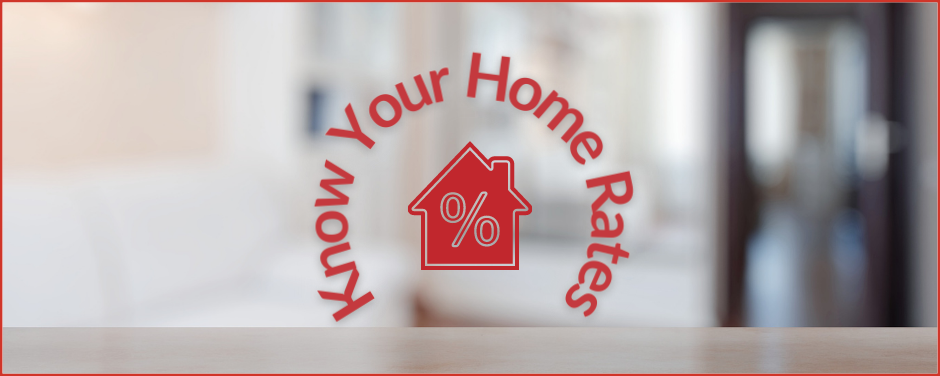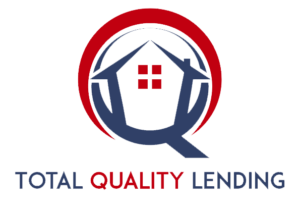A Quick Guide to Understanding
Mortgage Rates
There are several important elements considered that determine individual mortgage rates. Here is quick guide to understanding what those factors are and how they are determined.

The bigger picture
Even though the mortgage rate is a crucial aspect of a home loan it is important to realize that the monthly payment of loans are determined by much more than just a mortgage rate.
Here’s a list of the different elements of a monthly payment:
- Purchase Price
- Term
- Property Tax
- Property Insurance
- Down Payment
- PMI
- Interest Rate
All of these elements help you calculate your mortgage monthly payment.
Use our mortgage calculator to try it out here.
Get Preapproved for a mortgage
Determine your buying power with an online preapproval
Factors that determine your mortgage rates
Historically, mortgage rates for the popular 30-year fixed loans have reached the highest highs and lowest lows. Some of the factors that determine your individual rate, however, are typically within your control. This guide will cover the elements that are and are not within a prospective homebuyers controls and how they can stay competitive as they communicate with their mortgage lender.
Credit Score
The lowest mortgage rates go to borrowers with credit score of 740 or higher. These borrowers have the broadcast choice of loan products.
“The lowest rates go to borrowers with credit scores of 740 or higher.”
Interest rates tend to be a little higher for borrowers with credit scores of 700 to 739. For borrowers with credit scores from 620 to 699, mortgage rates are even higher. These borrowers might find it difficult or impossible to get high amount jumbo loans.
With a credit score below 620, the interest rates are even higher, and options are fewer. Most of the loans available at this level are insured or guaranteed by the government.
Loan-to-value ratio
The loan-to-value ratio measures the mortgage amount compared with the home’s price or value. Let’s say you make a $20,000 down payment on a $100,000 house. The mortgage will be $80,000. You’re borrowing 80% of the home’s value, so your loan-to-value ratio is 80%.
A bigger down payment gives you a smaller loan-to-value ratio, and a smaller down payment gives you a bigger loan-to-value ratio.
If your loan-to-value ratio is greater than 80%, it’s considered high, and it puts the lender at greater risk. This may result in a higher mortgage rate, especially when combined with a lower credit score. The loan will usually require mortgage insurance, too.
Other factors
Lenders may charge more for cash-out refinances, adjustable-rate mortgages, and loans on manufactured homes, condominiums, second homes, and investment properties because those loans are deemed riskier.
